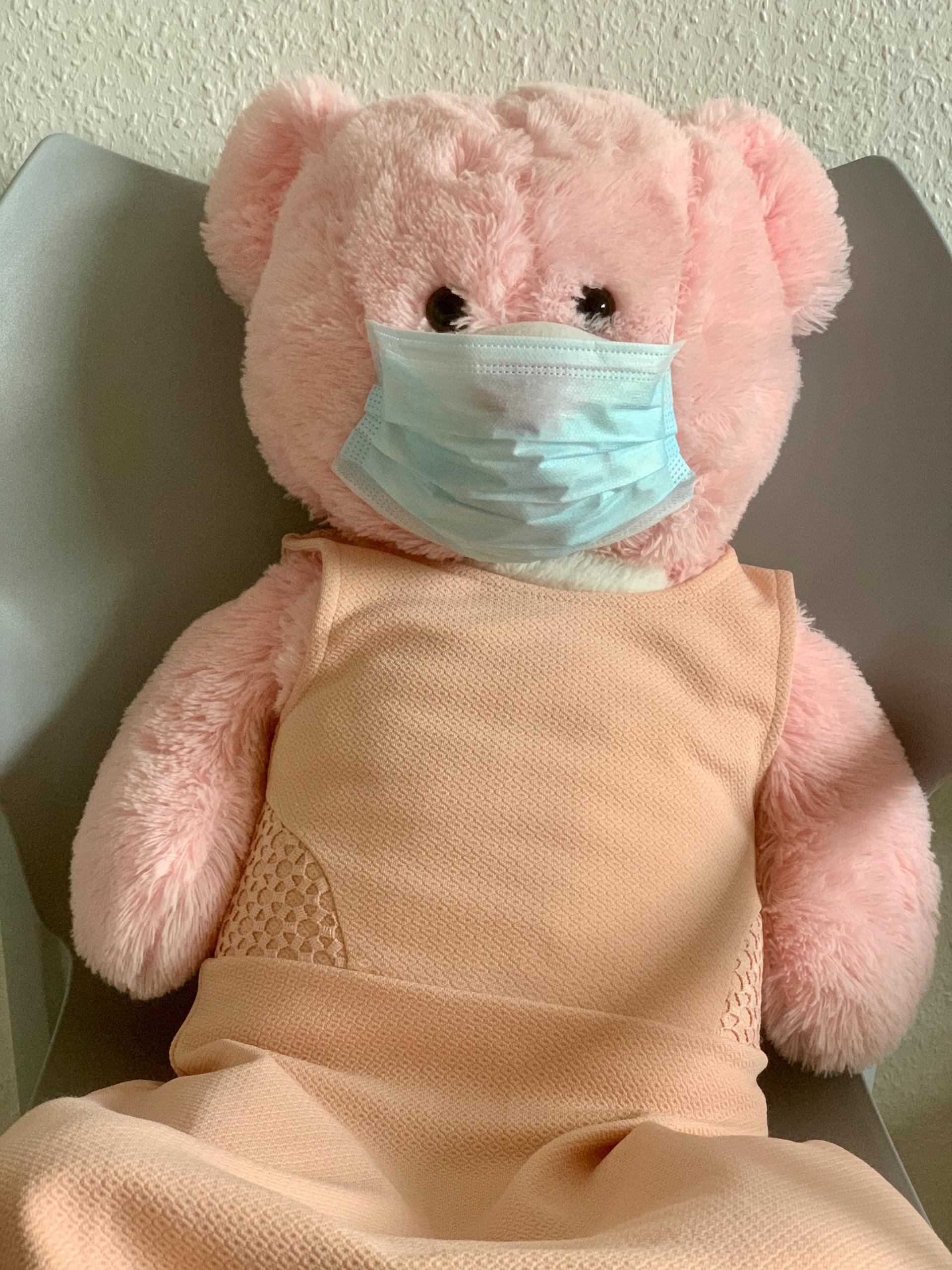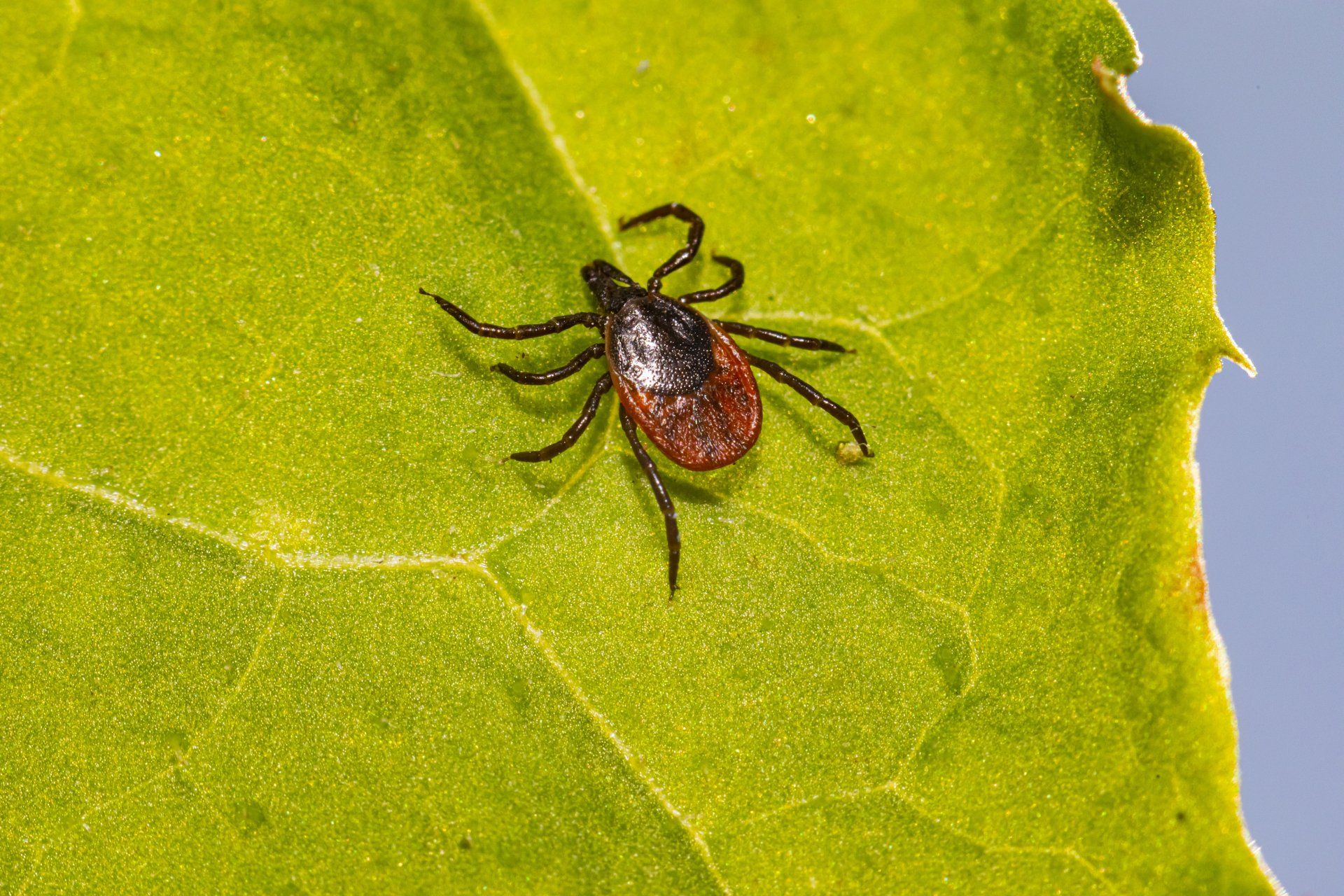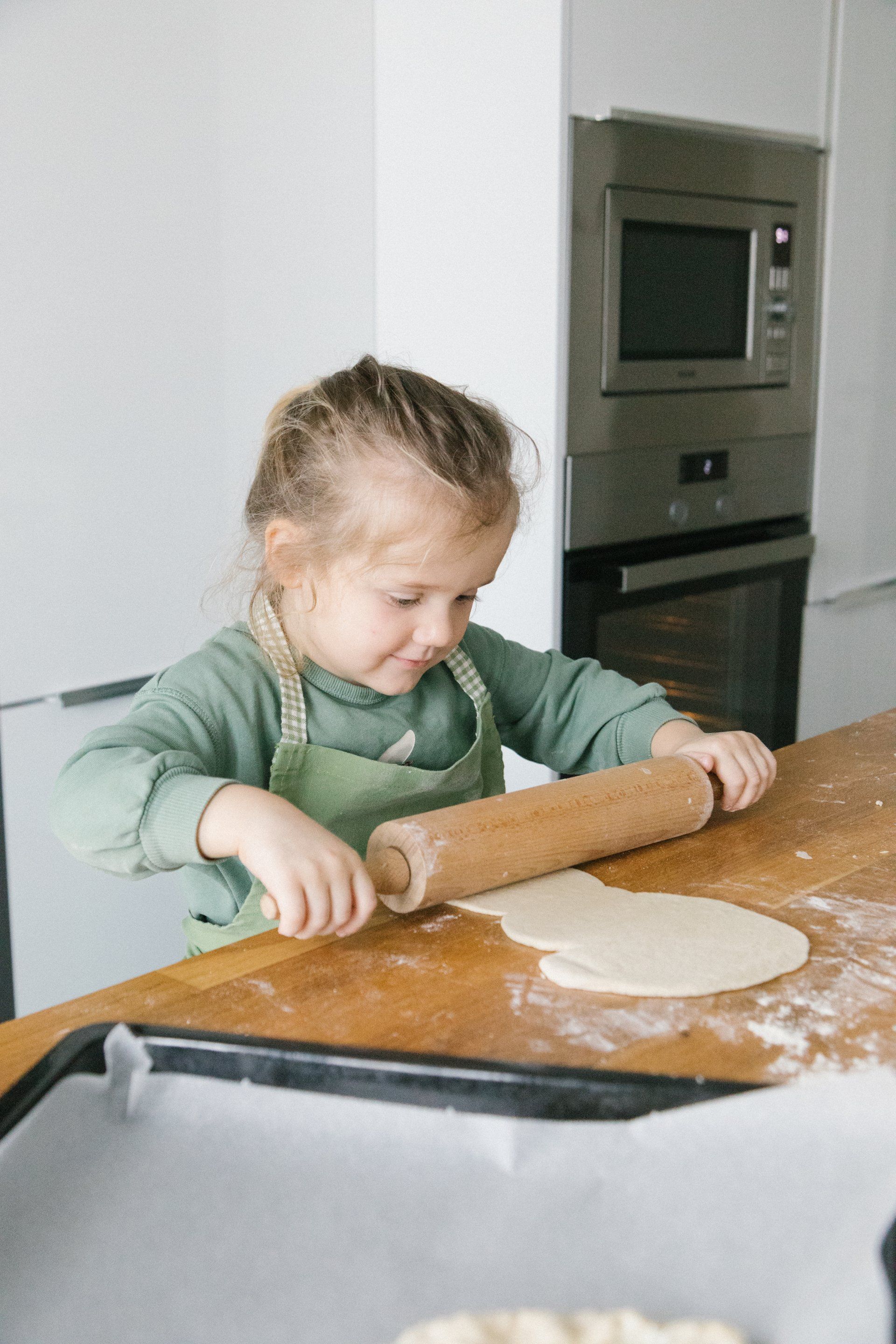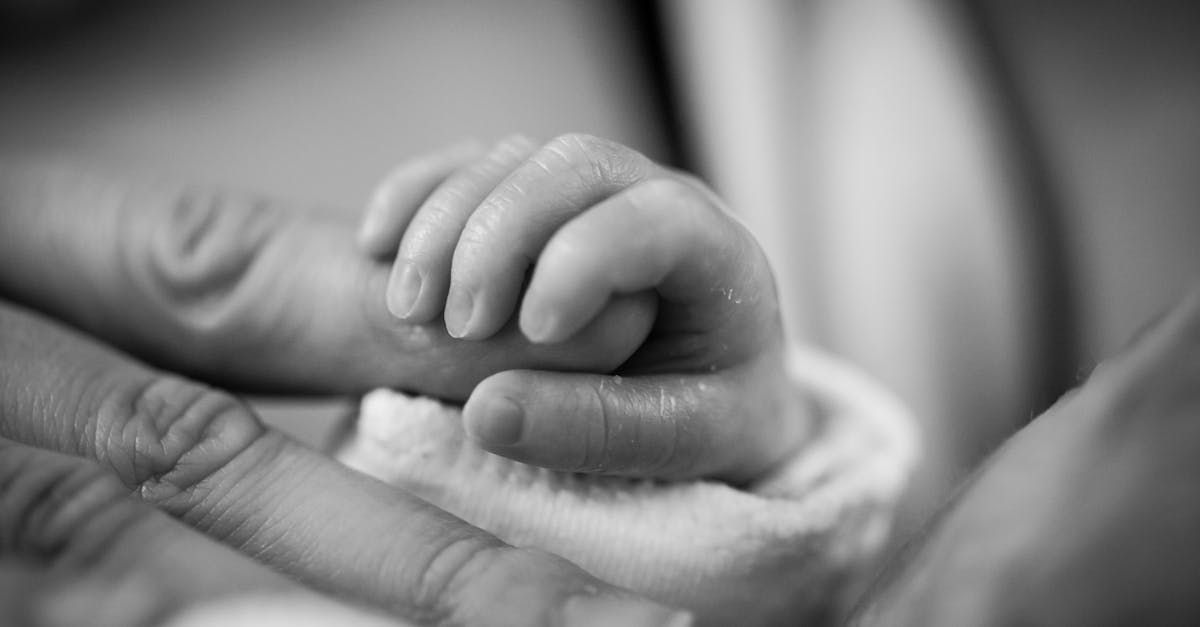Anesthesia and Your Child

What is anesthesia and what is the risk?
Anesthesia consists of many different types of medications that temporarily put your child to sleep to allow for a surgery, test, or imaging to be performed. The type of anesthesia your child receives will depend on his or her medical history and the procedure or test being performed.
The anesthesia care team will guide your child through each surgery or test safely and comfortably. Your child’s blood pressure, heart rate, breathing, oxygen level, and temperature will be measured before, during, and after the procedure or test.
While there are risks to any type of medicine, anesthesia is very safe. In fact, it is safer today than ever before! Some of the more common side effects of anesthesia include sore throat, nausea, vomiting, and feeling tired, groggy, or a little confused when waking up. These side effects usually aren’t dangerous and go away very quickly.
What should I expect?
Before the procedure
- Before your child undergoes anesthesia, the anesthesiologist will talk with you and your child. They may ask questions about the following:
- Your child’s health history, including any breathing problems (asthma, croup, wheezing, snoring)
- Recent illnesses, such as bad colds or fevers
- History of bleeding problems
- Any prescription medications, over-the-counter medications, and herbal supplements and vitamins your child is taking
- Allergies (drugs, foods, latex)
- Past experiences your child or any family members have had with anesthesia
During the procedure
- Anesthesia medications are usually given through an intravenous (IV) line in your child’s arm
- A mask with anesthetic gas and oxygen may be used first to allow your child to fall asleep and receive their IV line quickly and painlessly
- You may be allowed to go back to the room where the procedure or test is being performed at first to help ease your child through the transition of falling asleep. This is not always the case though, so be sure to ask your anesthesiologist.
- Once asleep, a breathing tube may be inserted into your child’s mouth and windpipe that provides oxygen and protects their airway and lungs
- Your child will be closely monitored and given additional medications as needed
After the procedure
- After the procedure or test is complete, your child will wake up in a slow and controlled manner, either in the room where the procedure took place or in the Post Anesthesia Care Unit (PACU)
- This is often the time where side effects from anesthesia occur, so your child may be a little groggy at first!
- Your child will continue to be closely monitored
How can I best help my child prepare for anesthesia?
- Members of the anesthesia care team will contact you beforehand to help prepare. However, there are many ways you can play a role in your child’s preparation for anesthesia:
- Be prepared to discuss your child’s health history, medications, allergies, and experience with anesthesia in the past
- Follow the anesthesia care team’s recommendations about what to do before anesthesia, including:
- When to stop eating and drinking
- Whether your child should stop or start any medications or supplements
- When to call the surgeon or doctor performing the procedure or test
- What to do if your child gets sick shortly before their scheduled procedure or test
Have a discussion with your child about their upcoming anesthesia
- Talk about the hospital visit 5 to 6 days ahead of time for older children and 2 to 3 days ahead for toddlers
- Children 3 to 12 years of age may not be ready to hear about or fully understand the risks of anesthesia and may feel scared
- Explain to your child that it is OK to be scared
- Reassure your child that their anesthesia care team will make them feel as safe and comfortable as possible
- Mention that they will never be alone, and that a member of the team will be always with them
- Ask for printed or online resources to help you and your child prepare
- Try to stay calm and reassure yourself!
Additional information
Sources
- https://www.healthychildren.org/English/health-issues/conditions/treatments/Pages/Procedures-With-Anesthesia.aspx
- https://kidshealth.org/en/parents/anesthesia-basics.html
- https://www.mayoclinic.org/tests-procedures/anesthesia/about/pac-20384568
Tyler Austin MS3 University of Missouri School of Medicine Springfield campus










